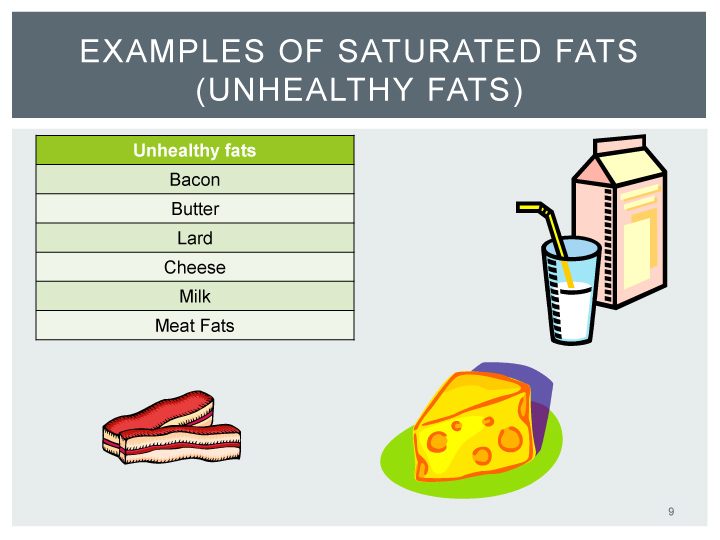How is my diet related to my diabetes?
Your diet is critical to maintaining healthy blood sugar levels. In this presentation you can learn about what foods are good and which to avoid. When you change your diet and choose your food carefully you can greatly reduce your chance for diabetes related complications.
Taking care of your blood glucose is critical to feeling healthy and preventing extensive risks of all forms of diabetes. Many people possibly can manage their blood sugar with exercising and calorie restriction alone. Other individuals will need to use insulin or possibly various other medications coupled with changes in lifestyle. In any case, monitoring your own blood glucose levels is an essential part of your treatment program.
In case you’ve just was given a diagnosis of high blood pressure, supervising your own blood sugar might sound like an overwhelming task, yet once you learn to check your own blood sugar level and understand how necessary it really is, you’ll come to feel more at ease with the practice and more in control of your ailments. Testing is extremely important because it indicates whether you’re holding your own glucose levels in the range you together with your health-care professional have agreed on.
The appropriate range for you personally is influenced by your age along with the type of diabetes you have. For youthful individuals who don’t have complications of diabetes, a regular target range could be 80 to 120 mg/dL before meals, and below 180 mg/dL after eating. Some older adults which have complications from their disease could have a fasting target goal of 100 to 140 mg/dL and below 200 mg/dL after meals. That’s mainly because blood sugar levels that dips too low in mature adults could very well be even more dangerous compared to younger people.
A home blood glucose test measures the amount of a type of sugar, called glucose, in your blood at the time of testing. The test can be done at home or anywhere, using a small portable machine called a blood glucose meter.
Home blood sugar testing can be used to monitor your blood sugar levels. Talk with your doctor about how often to check your blood sugar. How often you need to check it depends on your diabetes treatment, how well your diabetes is controlled, and your overall health. People who take insulin to control their diabetes may need to check their blood sugar level several times a day. Testing blood sugar at home is often called home blood sugar monitoring or self-testing.
If you are using an insulin pump or if you use insulin more than once a day, the American Diabetes Association ( ADA ) recommends testing your blood sugar 3 or more times every day. If you use insulin rarely or don’t use it at all, blood sugar testing can be very helpful in learning how your body reacts to foods, illness, stress,exercise, medicines, and other activities. Testing before and after eating can help you adjust what you eat.




